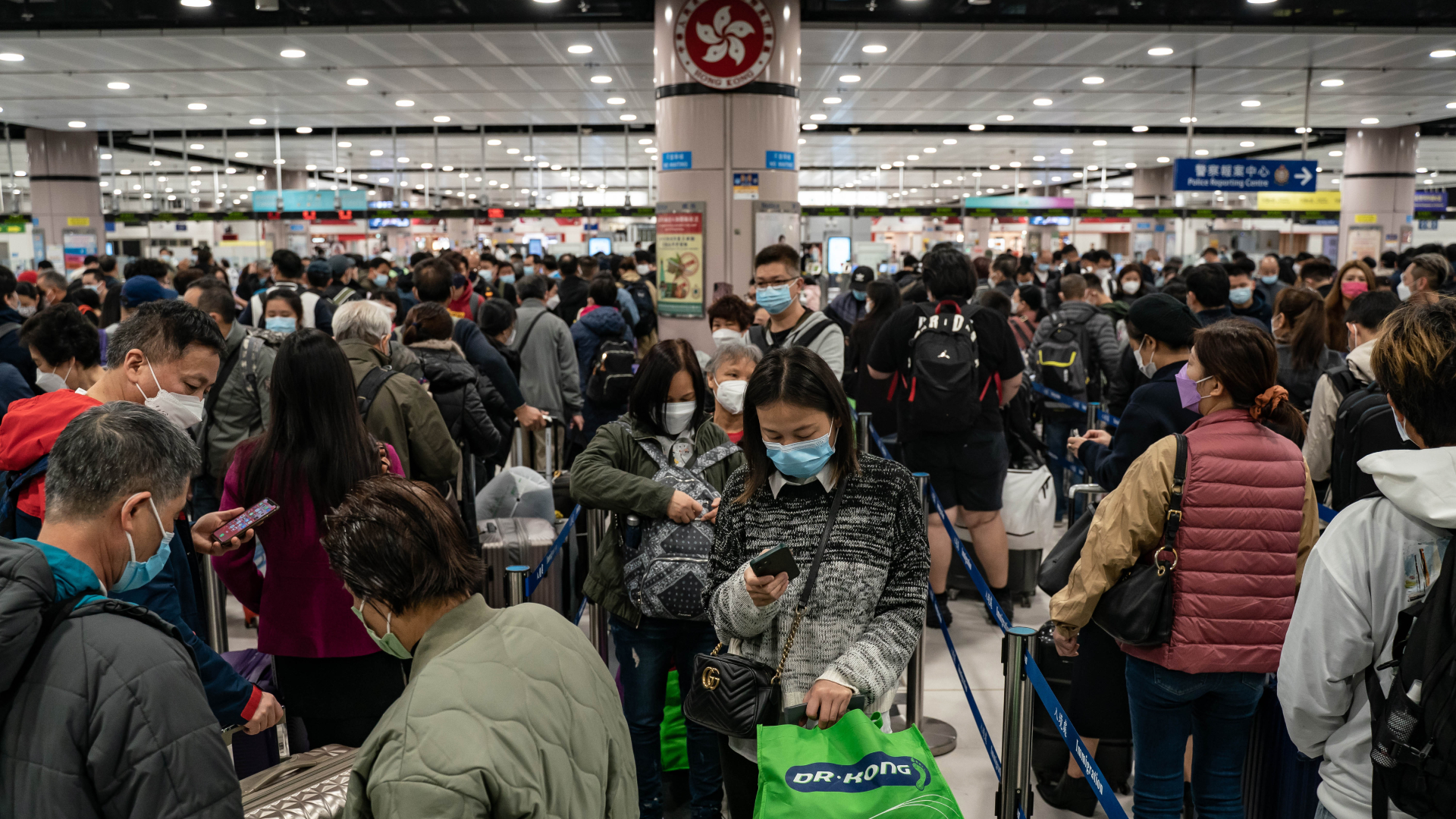New regulations in China that allow security officers to access devices such as phones and laptops without warrants are due to come into force on 1 July.
This assessment was issued to clients of Dragonfly’s Security Intelligence & Analysis Service (SIAS) on 20 May 2024.
- Foreign travellers to and through China are already at a high risk of snap inspections of electronic devices and data compromise
- These latest regulations are a way to codify powers that state security officers have already been conducting at borders, in our assessment
Updated rules allowing security forces to inspect the contents of electronic devices are due to come into effect on 1 July. We doubt this is the start of an effort to scrutinise all foreign nationals. Foreign travellers and staff based in China already face a high risk of having their electronic devices inspected. In our analysis, the new law signals the state’s intent to decrease oversight and make it faster for security officers to carry out inspections of targets they perceive as threats to national security. The majority of international travellers to China probably will not have their devices inspected.
The incoming rules are a way to codify existing surveillance powers, in our analysis. It will also probably mean officers can conduct inspections quickly, without senior approval. The publicly available version of the updated regulations says that ‘agencies may conduct inspections at locations and sites where electronic equipment, facilities and related procedures and tools are used and stored.’ Based on this, the law seems to allow the authorities to inspect devices – including mobile phones, tablets and laptops – at borders more freely, but also while in transit through and inside China, including at airports, offices, hotels and homes.
Inspections will probably focus on collecting personal and commercial data. There is precedence of security forces viewing, and at times downloading, content from devices inside China. And frequent inspections of electronic devices, including occasionally of international travellers, already take place at border checkpoints based on regional media reports. The data that the authorities seem to be most interested in include:
- Emails/text messages/instant messages
- Documents
- Images/audio files/videos
- Geolocation data
- The presence and contents of encrypted communication apps, particularly Telegram and Signal
Strengthening investigation powers
The authorities will probably use the law to expand their surveillance of business travellers. Based on recently reported cases, they appear particularly interested in individuals working in business consulting and investigations, NGOs, media, professional services and technology. This is because many of these organisations store, handle or transfer data or information about issues that China considers sensitive or of use to foreign intelligence agencies. Sensitive data is likely to include, but is not limited to:
- Critical infrastructure
- Military facilities or capabilities
- Industrial capacity
- Supply chains
- Data about government or party officials
- Geolocation or geophysical data
- Meteorological data
- Political issues
- Ethnic minority issues
Still, we doubt this is the start of a campaign intensifying inspections and surveillance. Our state agencies’ risk level for China is already at critical; our highest level. We still assess that security officers will probably only carry out inspections on people they perceive are involved in criminal activity or could represent a threat to national security. The latest regulation comes amid a national security awareness campaign in which Beijing is encouraging people to report national security threats, including foreign spies. As part of this push, China introduced a revised Counter-Espionage law on 1 July 2023 expanding the powers of state agencies and what could be considered espionage.
Limited ability to contest or challenge inspections
Foreign nationals who have previously served in government, the intelligence community or the armed forces are at a high risk of being questioned and detained when travelling to or transiting Chinese territory. Several former government officials from Western countries told us last year that they had been advised by former employers not to travel to China or Hong Kong due to this risk. Based on high-profile incidents in the past few years, foreign nationals who hold or have recently held a government security clearance or have produced reports that are critical of China are also likely to have their devices inspected.
The regulation gives the targets of inspections limited ability to contest the authorities’ action. There is similar legislation in other countries, including in the US, that grants security officers and customs officials the power to request access to electronic devices, but only at ports of entry and exit. The new regulations in China appear to give the authorities comparatively sweeping powers to conduct such inspections without warrants and outside of border checks. The justice system is also not independent in China and there are few avenues to challenge inspections when being questioned or in an independent court of law.
Image: Travellers wait in line to cross the Lok Ma Chau border checkpoint in Hong Kong, China 08 January 2023. Photo by Anthony Kwan/Getty Images.




